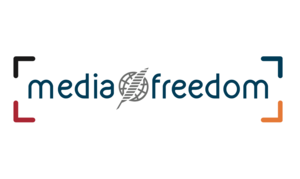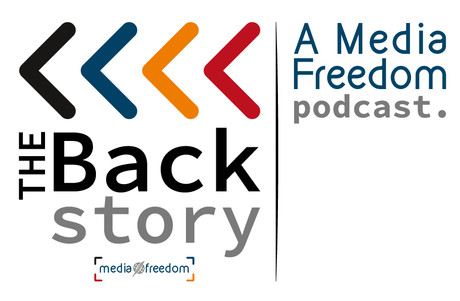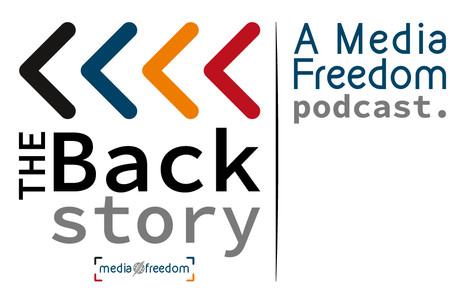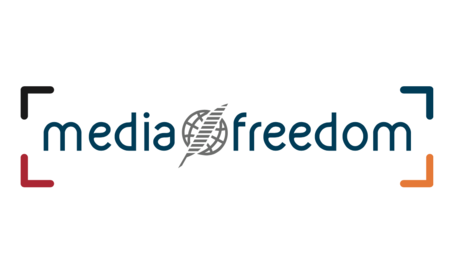The ACOS Alliance has worked to create a comprehensive resource page for journalists to access insurance. Can you tell us more about it?
Each product offers a different policy. It’s up to journalists and news organisations to assess what works best for them. With the selection, we’ve also run independent reviews because some were new insurance policies so we wanted to make sure to do our due diligence before promoting a product. But we understand that all these products are relevant and suitable for journalists and in some cases we’ve been able to offer a discount. Regular insurance plans that you find out on the high street don’t cover the risk of war or the consequences of riots or acts of terrorism, which are scenarios that journalists may be working in. So these four programs that we highlight – contrary to the mainstream insurance plans that you may find out on the market – will cover these contexts.
How can journalists choose the best insurance plan?
There are three key aspects that any journalist or news organisation should be considering. The first one is that insurance should be a key element of your risk assessment. As such, you would be looking into your own profile – who you are, your nationality, where you live, where you are going and the risks that you may face. These will color what kind of insurance plan you want and that you can have access to. Second, you should ask yourself how comprehensive you need the coverage to be, and what you can afford. The most basic and essential would be medical, accidents and accidental death, but you can go as comprehensive as you want. We encourage anyone who can afford it to find the policy that covers every single eventuality. And third, when looking at your policy, not only look into what you’re being covered for but what the exclusions are because that will shape your risk assessment and plans. So we’re going full circle here. If your insurance policy puts some limitations on you, then that may also tell you how far you can go in covering certain scenarios.
Why is this resource so innovative?
The insurance for journalists (https://insuranceforjournalists.com/journalist-insurance-short-term-cover/) and local media (https://insuranceforlocalmedia.com/) are two groundbreaking schemes. These are both offering basic coverage – essential medical, accidents and accidental death – but what is groundbreaking is that anyone, anywhere in the world can have access to these schemes so it doesn’t really matter your nationality, country of residence or where you’re working – you’ll be covered. I don’t know of anything else like it out on the market. It’s quite unprecedented, and that’s what ACOS was so enthusiastic about. We know from experience that there were limitations to who could get insurance and that really kept us engaged in making sure there was this resource. We’ve also collaborated with these insurance administrators to get a discount for users. Through this insurance for local media, news organisations can insure their journalists – fixers, reporters, drivers, translators – no matter where they’re operating. I also want to highlight the work that has been done by our partners, like the IFJ and RSF – all credit goes to them for making these policies available. The IFJ (https://ifj.battleface.com/)has put together this new scheme, which also offers the possibility to insure your equipment, and RSF (https://rsf.org/en/insurance-0) has insured hundreds of journalists and they don’t have any deductibles. So again, every product is different but I think it’s very important that journalists have options.
What is ACOS's role?
ACOS is an alliance and as an alliance we have this convening power and leverage when talking to insurance providers. It’s hard for an individual journalist to negotiate a discount, to raise concern around a policy. So we are in a very good position to invest time and resources to make sure that these issues are being dealt with. We understand the difficulties faced by journalists because we work with them, some of us are journalists as well, as opposed to the insurance people who don’t necessarily understand the context in which media organisations work. So we can have a strong voice as an alliance and also join forces with our partners and signatories in promoting insurance as an essential component when we look into safety issues. As an alliance, we are the sum of all these partners and signatories, and bringing all these individuals and organisations together makes us stronger. That’s what ACOS has been reinforcing.
How are things progressing so far? What do you hope to achieve with this insurance initiative?
We’re very happy with what we have but it’s not enough, and we’re very ambitious about improving what is out there, the options, the coverage and the premiums. This first year is very crucial because it’s a year where we can collect data and learn who is using these policies, how much are they used, how many claims are out there, what kind there are and if there are any issues. Through the years, we will collect this data and I hope we can gain more leverage and the power to have further discussions with insurance administrators and partners. Insurance is about numbers and we are a not-for-profit. But insurance is for-profit, so we need to make sure these numbers are favorable to providers. But also through these numbers, maybe we can learn whether we have the power to negotiate better terms and conditions, better premiums, etc. So I think there is more to be achieved. We can be proud of what we’ve accomplished but we’re always looking forward – that’s what we’re going towards.
By Colette Davidson
Learn more about the ACOS Alliance insurance resources here: https://www.acosalliance.org/insurance
Insurance for journalists will be the topic of an upcoming event in New York City on 25 March:
https://opcofamerica.org/Eventposts/everything-freelancers-need-to-know-about-insurance/







